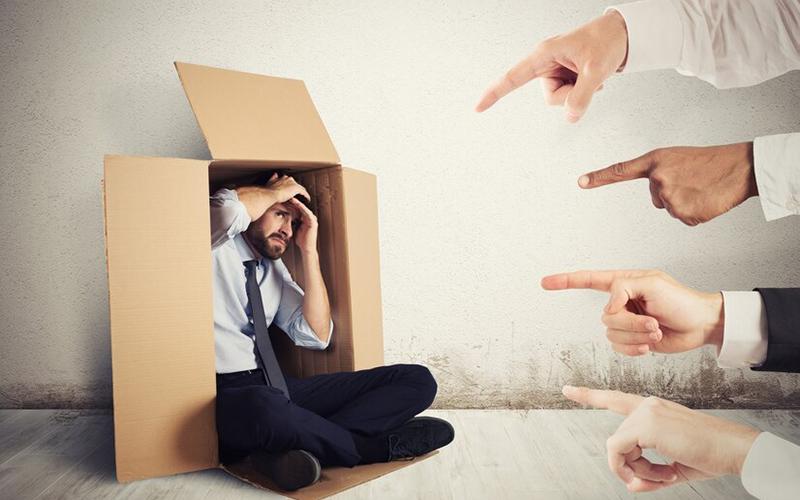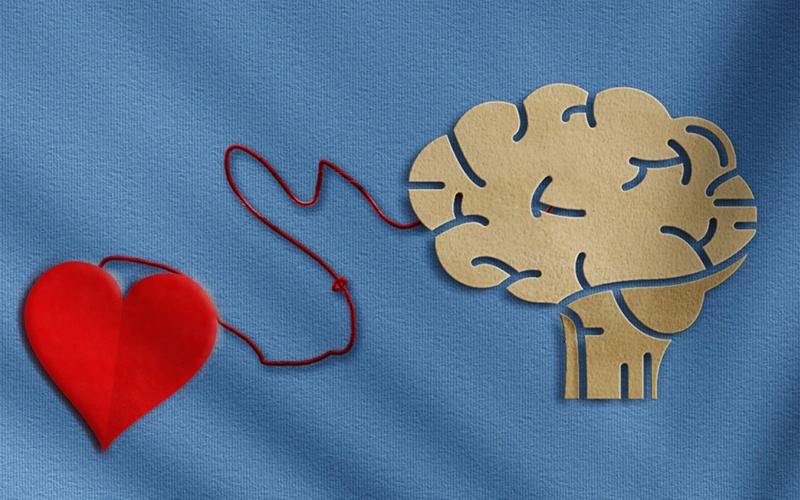Understanding Fear of Rejection and Its Impact on Social Behavior
Fear of rejection is a deep-rooted anxiety about being excluded, disliked, or judged negatively by others. It is a common emotional response that affects people in varying degrees, often manifesting as discomfort in social situations or avoidance of interactions that might lead to criticism or disapproval. Those with a strong fear of rejection often struggle with anxiety, low self-esteem, and may even avoid relationships or professional opportunities due to a fear of not being accepted.
Causes and Development of Fear of Rejection
The fear of rejection often develops early in life, shaped by experiences of social exclusion, criticism, or negative feedback. Children who are frequently teased, ignored, or criticized by their peers or authority figures may grow into adults with a heightened sensitivity to rejection. This sensitivity can also be influenced by personality traits such as introversion, perfectionism, or low self-confidence. Additionally, societal pressures and cultural factors, such as feeling different because of race, religion, or background, can contribute to this fear.
Signs of Rejection Sensitivity
People with high rejection sensitivity often exhibit specific behaviors that reflect their underlying fear. They may become anxious or depressed when criticized, even if the criticism is constructive or mild. Social situations can trigger excessive worry about being judged or excluded, leading to avoidance of group activities or events. Some may resort to people-pleasing behaviors, going to great lengths to gain approval and avoid conflict. Over time, these behaviors can affect one’s self-esteem and overall well-being, limiting opportunities for personal growth and connection with others.
The Impact of Fear of Rejection on Relationships
Fear of rejection has a significant impact on both personal and professional relationships. In romantic or close friendships, individuals with a strong fear of rejection may struggle with trust issues or feel constant anxiety about their partner’s approval. They may avoid expressing their true feelings or preferences out of fear that it will lead to conflict or disapproval. This can lead to unhealthy dynamics, where one person becomes overly dependent on external validation or loses their sense of individuality to maintain harmony.
In professional settings, fear of rejection can prevent individuals from taking risks, asserting themselves, or seeking opportunities for advancement. They may avoid situations where they could face criticism or competition, which can hinder career growth and satisfaction.
Overcoming Fear of Rejection
While fear of rejection can feel overwhelming, it is possible to reduce its impact through self-awareness, emotional resilience, and healthy coping strategies. Cognitive-behavioral techniques, such as reframing negative thoughts or practicing self-compassion, can help individuals recognize and challenge irrational fears about rejection. Building confidence through positive experiences, supportive relationships, and gradual exposure to challenging social situations can also improve one’s ability to cope with rejection.
For those struggling with severe rejection sensitivity, therapy can provide a safe space to explore the roots of these fears and develop healthier ways of managing social anxiety. Overcoming this fear requires patience and effort, but by confronting the discomfort and learning to accept that rejection is a natural part of life, individuals can lead more fulfilling and authentic lives.



